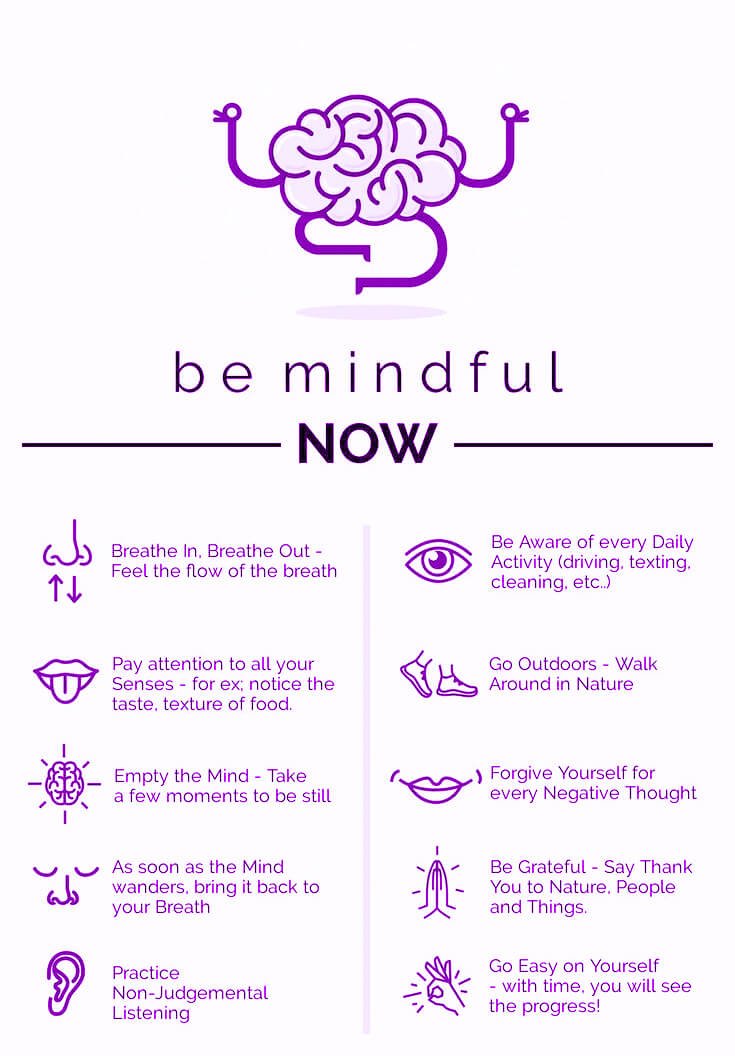
Balancing Act: Techniques for Mental Harmony
Maintaining mental balance is essential for overall well-being, especially in today’s fast-paced world. Explore effective techniques that contribute to mental harmony and enhance your ability to navigate life’s challenges with resilience.
Mindfulness Meditation for Present Awareness
Mindfulness meditation is a powerful technique to cultivate present-moment awareness. By focusing on your breath or observing thoughts without attachment, you can train your mind to stay grounded in the present. Regular mindfulness practice enhances mental clarity, reduces stress, and fosters a sense of inner calm.
Deep Breathing Exercises for Stress Reduction
Deep breathing exercises are simple yet impactful tools for stress reduction. Engage in diaphragmatic breathing, inhaling deeply through your nose and exhaling slowly through your mouth. Deep breaths activate the relaxation response, promoting a sense of calm and helping to alleviate tension and anxiety.
Journaling for Emotional Expression
Journaling provides an outlet for emotional expression and self-reflection. Take time to write down your thoughts, feelings, and experiences. Journaling allows you to gain insights into your emotions, identify patterns, and release pent-up stress. It serves as a therapeutic practice to maintain mental balance.
Establishing Healthy Boundaries for Well-being
Setting healthy boundaries is crucial for maintaining mental balance. Clearly define your limits in personal and professional relationships. Learning to say ‘no’ when necessary and prioritizing self-care helps prevent overwhelm and fosters a balanced and harmonious mental state.
Cultivating a Positive Mindset Through Affirmations
Affirmations are positive statements that promote a constructive mindset. Incorporate affirmations into your daily routine to reinforce positive beliefs and counteract negative thoughts. By consciously shaping your thoughts, you can cultivate a more optimistic and balanced mental outlook.
Digital Detox for Mental Clarity
In the digital age, a constant stream of information can contribute to mental overwhelm. Consider implementing regular digital detoxes to unplug from screens. Disconnecting from technology allows your mind to reset, reducing mental fatigue and promoting clarity and focus.
Mindful Movement Practices for Body-Mind Connection
Engaging in mindful movement practices, such as yoga or tai chi, fosters a strong connection between the body and mind. These practices combine physical postures with intentional breathing, promoting relaxation and mental clarity. Incorporating mindful movement into your routine contributes to overall mental well-being.
Prioritizing Sleep for Cognitive Function
Quality sleep is essential for cognitive function and mental balance. Create a sleep-friendly environment, establish a consistent bedtime routine, and aim for sufficient nightly sleep. Prioritizing restorative sleep supports emotional resilience, enhances concentration, and contributes to a more balanced mental state.
Seeking Professional Support When Needed
If you find yourself struggling with maintaining mental balance, seeking professional support is a proactive step. Mental health professionals can offer guidance, therapy, and coping strategies tailored to your individual needs. Recognizing when to reach out for help is a sign of strength and commitment to your well-being.
Mindful Time Management for Stress Reduction
Effective time management contributes to mental balance by reducing stress and promoting a sense of accomplishment. Prioritize tasks, set realistic goals, and allocate time for breaks. Mindfully managing your time allows you to navigate responsibilities with a greater sense of control and less mental strain.
To explore more techniques for maintaining mental balance, visit Mental Balance Techniques. Empower yourself with practical tools and insights to create a harmonious and resilient mental state, enhancing your overall well-being.
